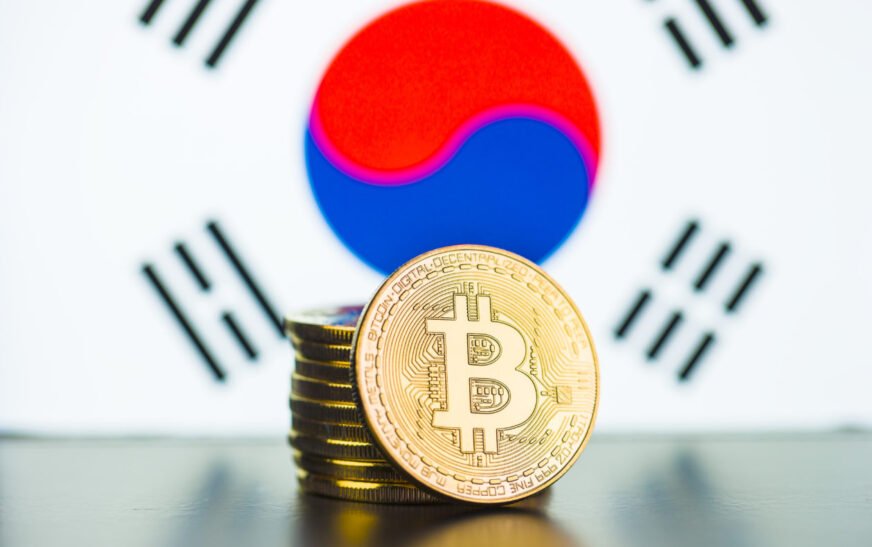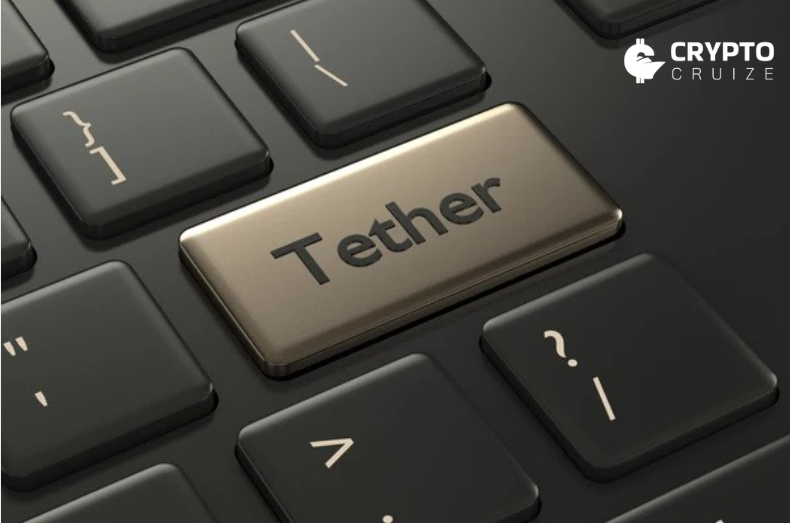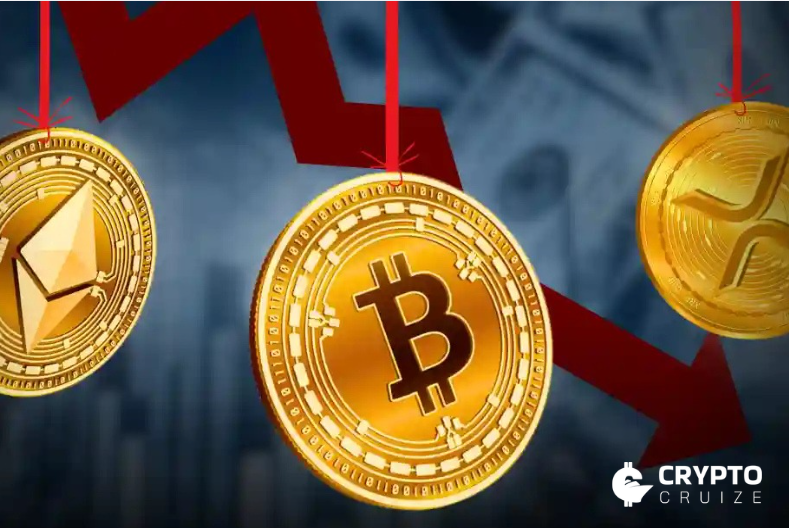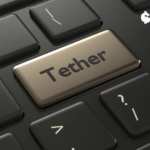South Korean markets plunged following a weekend of political uncertainty, as President Yoon Suk Yeol faced mounting pressure to resign. The Kospi Index dropped 2.8%, while the Kosdaq Index tumbled over 5% to its lowest since April 2020. The won weakened nearly 1% against the dollar, nearing levels last seen in 2009.
Political Standoff Escalates
The impeachment motion against Yoon failed on Saturday, but opposition lawmakers vowed to push for another vote. Amid rising tensions, ruling party leader Han Dong-hoon announced that Prime Minister Han Duck-soo would manage the government temporarily, sparking protests over constitutional concerns.
The ongoing crisis has dented investor confidence in an already struggling market. Before the turmoil, South Korea’s financial landscape was marred by weak performance. The Kospi and the won were among Asia’s worst performers this year. The government’s “Value-Up” initiative to bolster corporate governance and shareholder returns remains under threat as leadership uncertainties persist.
Financial Authorities Act
To stabilise markets, financial authorities pledged “every possible measure,” including launching a 300 billion won fund next week to support “Value-Up” stocks. A 10 trillion won stock stabilisation fund is also on standby to ease investor fears. However, analysts warned these measures may not suffice to reverse sentiment.
Economic Outlook Dims
The won has fallen over 2% against the dollar since Yoon’s martial law declaration last week, now reversed after parliament’s rejection. Goldman Sachs has forecast Korea’s 2025 growth at 1.8%, citing risks skewed to the downside. Analysts suggest shifting the National Pension Service’s portfolio to domestic assets could help counter the currency’s slide.
As the political crisis deepens, South Korea’s financial markets face heightened volatility, leaving investors bracing for a prolonged period of uncertainty.















